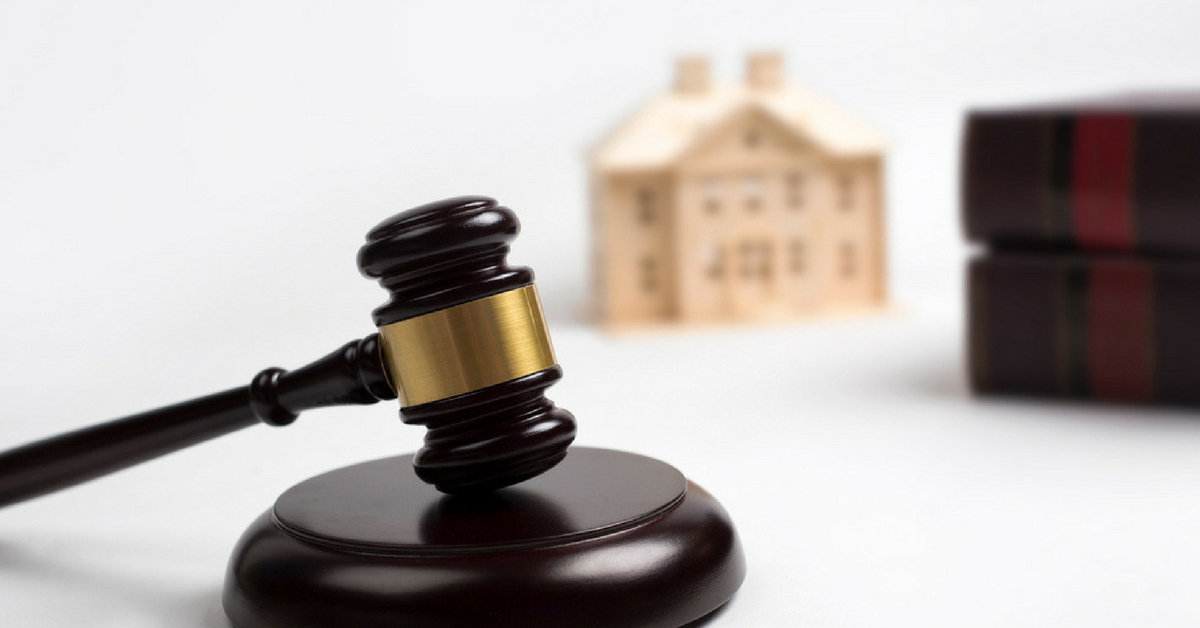Property Owner Association (POA) and Homeowners Association (HOA) laws can be complex and confusing for those new to dealing with them. However, property Owner Associations (POA) and Homeowners Associations (HOA) are organized to maintain a community’s quality of life, and it is important to understand the laws and regulations set forth so you can avoid any potential issues.
Here is an overview of POA and HOA laws to help you understand what they are, how they operate, and how they impact homeowners in your community.
What are POA and HOA Laws?
POAs and HOAs are organizations governed by deed restrictions, legally binding agreements that govern how property within a community is used. POAs and HOAs are responsible for enforcing the rules and regulations outlined in the deed restrictions.
Property Owners Association Laws
Property Owners Association (POA) laws refer to the regulations governing the operation of private homeowners associations. Property owners association laws often include rules on how the association is structured, how it functions, how dues are collected, and how disputes are handled. They may also include restrictions on the use of the community’s common areas, such as pools, parks, and other common facilities.
Homeowners Association Laws
Homeowners Association (HOA) laws refer to the regulations governing the operation of community associations. Homeowners association laws typically establish how the association is structured, how it functions, how dues are collected, and how disputes are handled. They may also include restrictions on the use of the community’s common areas, such as pools, parks, and other common facilities.
Additionally, HOA laws may include restrictions on the use of individual homes, such as the ability to build decks, fences, and other structures.
What are the Rights and Responsibilities of Homeowners in POAs and HOAs?
Homeowners in POAs and HOAs have certain rights and responsibilities outlined in the deed restrictions. These rights and responsibilities include the right to participate in the decision-making process, the right to be informed about changes to the deed restrictions, the responsibility to pay dues and assessments, and the responsibility to adhere to the rules and regulations set by the POA or HOA.
How do POA and HOA Laws Impact Homeowners?
POA and HOA laws can significantly impact you as a homeowner. These laws can dictate how and when you can use your property, what improvements you can make, and what activities are allowed. Additionally, these laws can limit the amount of noise, parking, and traffic you can generate on the property.
What are the Common Rules and Regulations Associated with POAs and HOAs?
POAs and HOAs typically have rules and regulations that all homeowners must adhere to. These rules and regulations can include restrictions on landscaping, fencing, and building materials. They can also include restrictions on the types of pets you can keep on the property, parking and noise levels restrictions, and common areas regulations.
What are the Penalties for Violating POA and HOA Laws?
If homeowners violate POA or HOA laws, they may face various penalties, including fines, suspension of privileges, and even expulsion from the community. In addition, POAs and HOAs may take legal action against homeowners who fail to comply with the deed restrictions.


